By Emmanuel Darlington – Senior Investigative Correspondent
It began in Haiti. France’s first and most humiliating colonial defeat, where Black people dared not only to break their chains but to demand recognition as equals.
That single act of defiance set off a century-long obsession: maintaining power not through occupation, but through economic domination, elite capture, and institutional dependence.
Today, no country embodies the tragic success of that imperial blueprint more than Cameroun — France’s model colony turned model client state.
A country whose leadership has been shielded, enriched, and sustained not by the will of its people, but by an intricate web of corruption, foreign interests, and complicit Western silence.
Independence Through the Door, Servitude Through the Window
When France granted independence to its African colonies after World War II, it did so grudgingly and deceitfully.
Through a series of “Accords de Coopération,” France retained control over monetary policy (via the CFA franc), military bases, natural resources, and even the selection of post-colonial leaders.
These were not agreements of mutual respect. They legalized neo-colonial contracts.
In Cameroun, this control was brutally enforced.
The French-backed execution of pro-independence leader Félix-Roland Moumié, the assassination of Ruben Um Nyobè, and the decimation of UPC revolutionaries laid the foundation for a French-designed political order. One where resistance was eliminated, and loyalty to Paris was the ultimate qualification for power.
Cameroun: France’s Postcolonial Trophy State.
Nowhere has the French post-colonial machine worked more seamlessly than in Cameroun.
President Paul Biya, in power since 1982, is Africa’s longest-reigning autocrat, a man who has presided over one of the most stagnant and corrupt regimes on the continent.
Under his rule:
• Billions in foreign aid and oil revenue have vanished.
• State infrastructure has collapsed, while French conglomerates like Bolloré, Total, and Orange continue to dominate key economic sectors.
• The elite live in obscene luxury, while teachers go unpaid, hospitals lack supplies, and entire regions (like Ambazonia) burn.
Biya himself is said to be a high-ranking member of esoteric orders, including the Rosicrucian, which some within his circle claim offers “spiritual protection” for his decades-long rule. Whether superstition or strategy, one thing is clear: his true armor has been Paris.
No matter how grotesque the corruption, France has protected Biya — diplomatically, economically, and militarily. And so has the West.
The West’s Red Carpet for Rot
From George H.W. Bush to Barack Obama, from Jacques Chirac to Emmanuel Macron, Paul Biya has been received like a legitimate statesman — not the architect of repression and decay.
Even Joe Biden, under whose administration the U.S. claims to prioritize democracy, has failed to sanction the regime despite mounting evidence of electoral fraud, state violence, and human rights abuses.
The only Western leader who broke this pattern was Donald Trump, whose administration sidelined Biya and stripped Cameroon of AGOA trade benefits in 2019 due to “gross human rights violations.” It was a rare moment of policy aligned with truth.
Most tragically, Africa once looked to Barack Obama with hope. As the first Black president of the United States, and many believed he would embody a new moral compass for U.S.-Africa relations. But his legacy on the continent is a ghost.
No economic shift. No bold policy. No resistance to tyranny. No visit to a refugee camp. Unlike JFK, who in just over 1,000 days inspired a continent, Obama’s eight years evaporated into elite banquets and quiet indifference.
Today, in African homes, his portrait no longer hangs beside that of Nkrumah or Mandela — a tragic reminder of hope deferred.
French Capitalism, African Misery
The machinery remains intact:
• The CFA franc still ties 14 African countries to the French Treasury.
• French companies control the ports, telecoms, and extractive sectors, repatriating billions yearly.
• Local entrepreneurs are crushed under monopoly power, and African states are reduced to subcontractors in their own economies.
Every road not built, every hospital without equipment, every child out of school in Cameroun is a silent tribute to this system — a system where foreign enrichment is guaranteed, and domestic dignity is optional.
Italy’s Dissent and Africa’s Awakening
Ironically, it is not Paris or Washington that has sounded the alarm — but Rome.
Italian officials in recent years have openly criticized the CFA system, calling it a “form of financial colonialism.” Their calls for change have resonated among young Africans, sparking protests, currency debates, and growing anger toward what many now call the “Second Scramble for Africa.”
In Cameroun and beyond, a new generation is no longer fooled by the flag and anthem. They see the neo-colonial scaffolding, and they are ready to tear it down.
The Age of Exposure
What France constructed after WWII was not a partnership — it was a hydraulic system of control, maintained through elites like Paul Biya, hidden behind the language of “development,” and protected by Western complicity.
But that age of impunity is crumbling. As whistleblowers, journalists, and activists pierce the veil, the empire’s secrets no longer stay buried.
Cameroun is not a tragedy of Black failure. It is a case study in imperial success — an empire that learned to rule without flags, loot without soldiers, and enslave through smiling contracts.
But empires fall. And history, however slow, remembers.













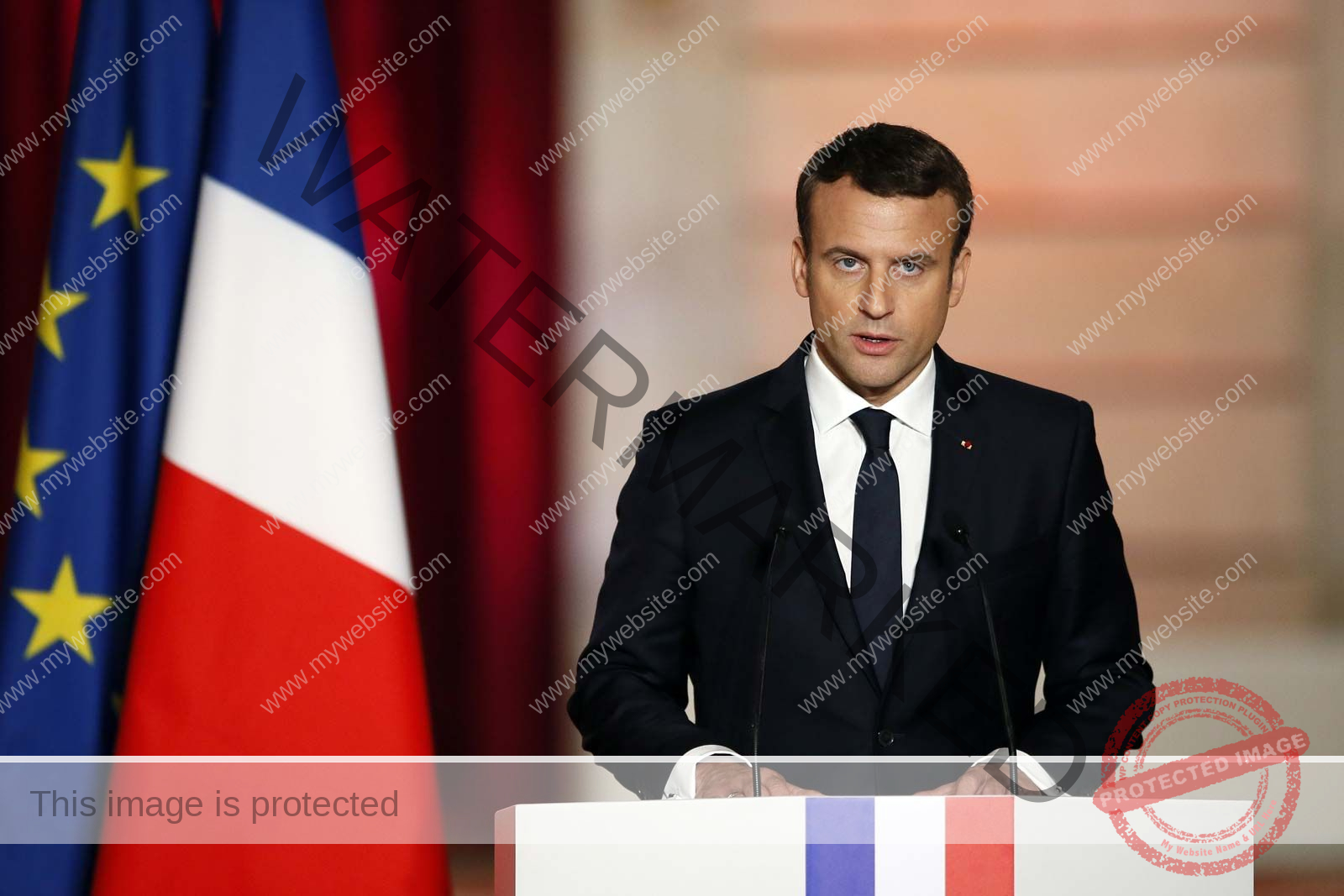
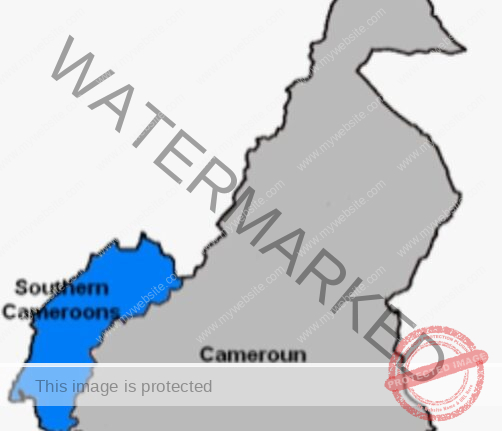


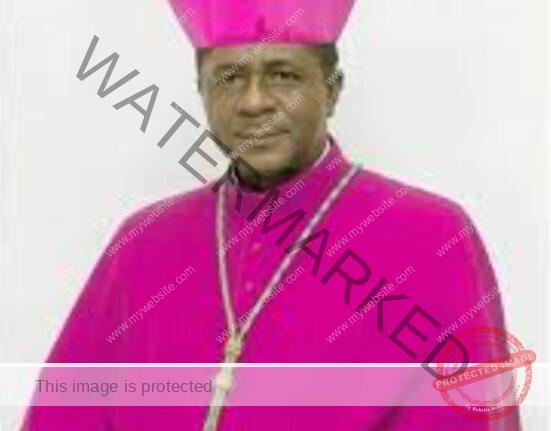
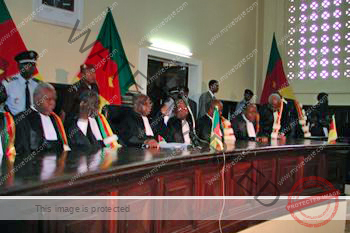
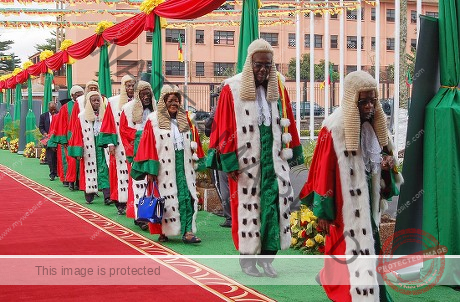

Leave feedback about this